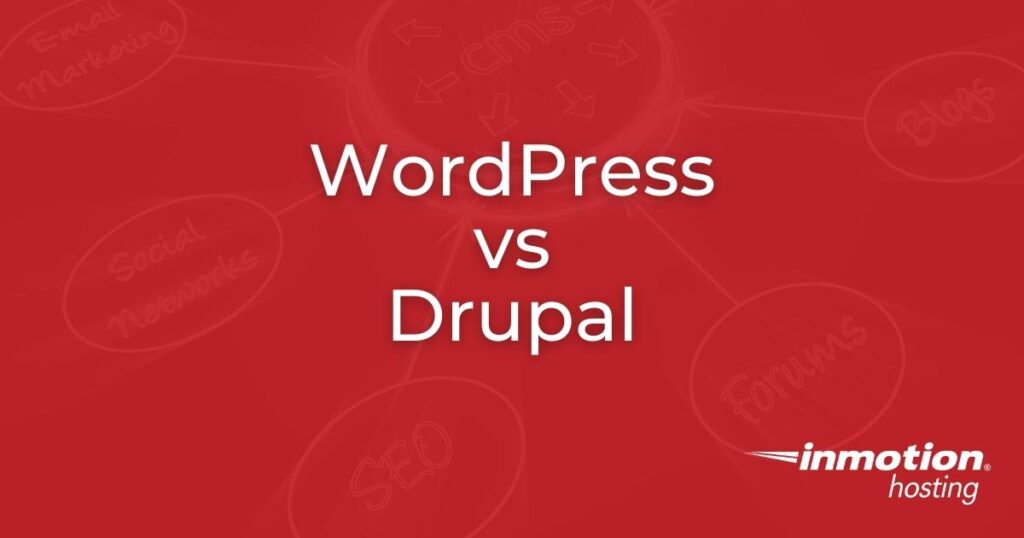
WordPress is the most popular content management system (CMS) today while Drupal is the third most popular self-hosted choice, slightly behind Joomla. Both are tons more customizable than Shopify and Squarespace. So the looming question after deciding on the best Linux server hosting plan for your needs: WordPress vs Drupal 9.
- WordPress vs Drupal 9 Learning Curve
- Scalability in WordPress vs Drupal
- Search Engine Optimization (SEO)
WordPress vs Drupal 9 Learning Curve
WordPress and Drupal both ship with great features for getting started quickly:
- User and comment moderation
- SSL (HTTPS) redirect
- Blogging capabilities
- RSS feeds
WordPress has been focused on being easy to use for novices since 2003. They’ve succeeded to the point where some dub them “the Wix of self-hosted website builders.” The WordPress administration dashboard is easy to navigate no matter where you are at any given time. The expandable sidebar options are easy to understand and the top navigation bar keeps you no more than a click away from adding new content and users.
The popularity of WordPress has resulted in a strong community of content creators. So there’s loads of documentation for any issue or a forum discussing possible future solutions. This happens quickly when new web applications arise that could be integrated.
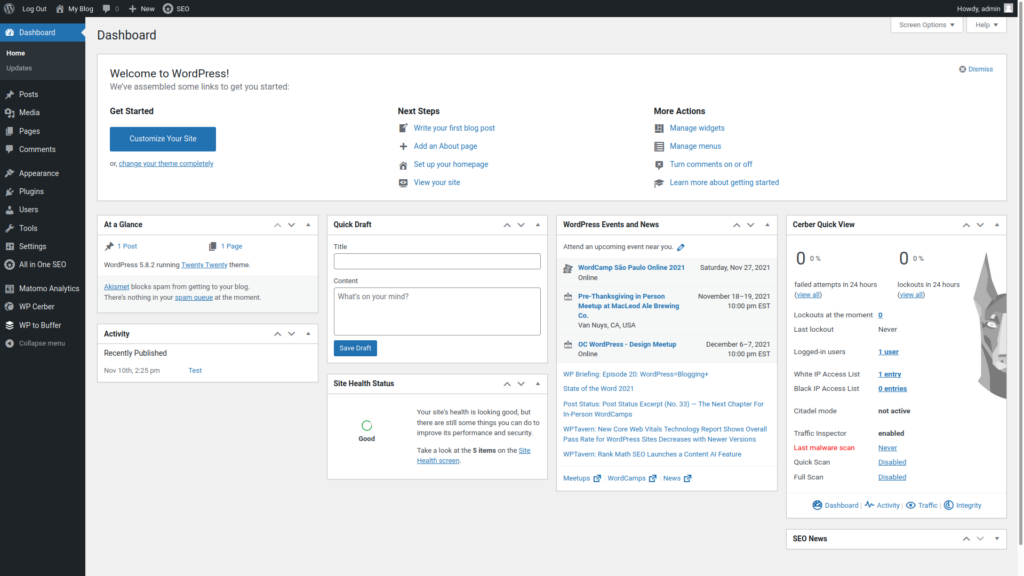
Drupal has been around since 2001 and is known to be a powerhouse for anyone able to take advantage of the advanced development features. This is why Drupal is considered best for experienced web developers or those with access to their services. Of course, there are Drupal modules to mitigate challenges.
That isn’t to say it’s administrative dashboard is painful to use. It can take a few extra clicks in the navigation menu to reach the right section. There is a shortcuts menu where you can create a second custom menu to optimize your workflow. The patient beginner would have no trouble in Drupal.
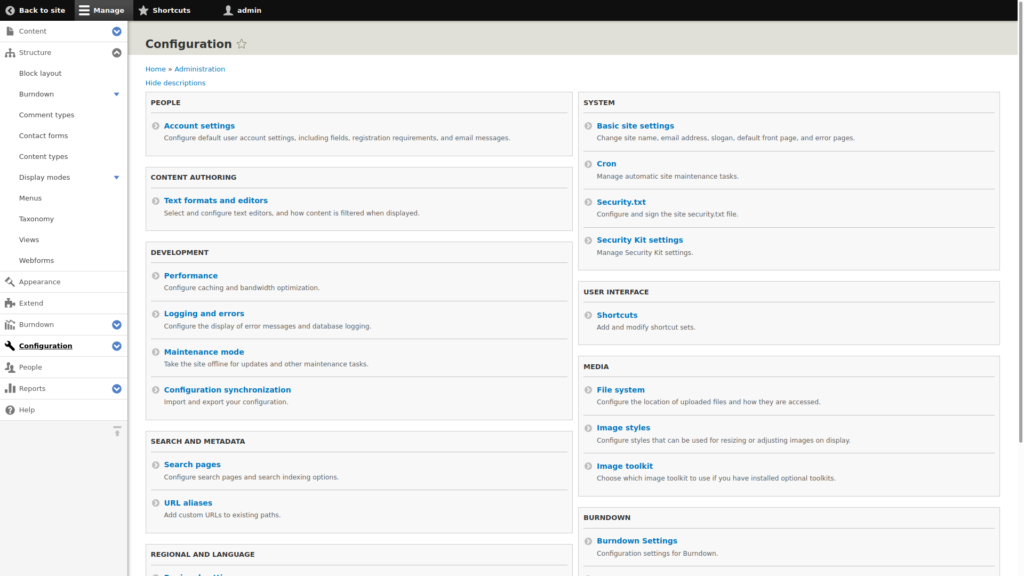
At a glance, WordPress is more attractive for new website owners.
Extra Features
There’s a large database of official WordPress plugins and Drupal modules for just about everything you’d want to do with a website:
- Web analytics
- Multilingual support
- Web accessibility compliance
- Automated social media management (e.g. Buffer or Hootsuite)
- Integration with other web applications
WordPress is more likely to have a plugin for integrating less popular apps than Drupal because of how many more WordPress sites exist. For that same reason, many app developers will produce an official plugin to seamlessly integrate their data with WordPress sites, develop a separate plugin version, or create documentation supporting solid third party plugins. Matomo does all three for their web analytics solution.
Drupal doesn’t get such rapid attention and complex workarounds are often time consuming. Remember, much of Drupal’s power requires developer expertise.
Inventory the other web applications you use to see which CMS can better support your needs.
Themes and Appearance
The WordPress ecosystem has a bit of a tug-of-war regarding what features a theme should add to a site to prevent collisions with plugins. Because WordPress is so common, many business owners purchase premium themes to stand out. But there are hundreds of unique free themes if you hunt hard enough.
Drupal has far fewer themes available and will likely require some programming skills for in-depth tinkering.
Scalability in WordPress vs Drupal
Upgrades
Upgrades are a lot easier in WordPress vs Drupal. With WordPress updates you can view a page of all updates (core site, plugins, and themes) and click a button to complete the process in seconds. You can even configure automatic updates in wp-config.php.
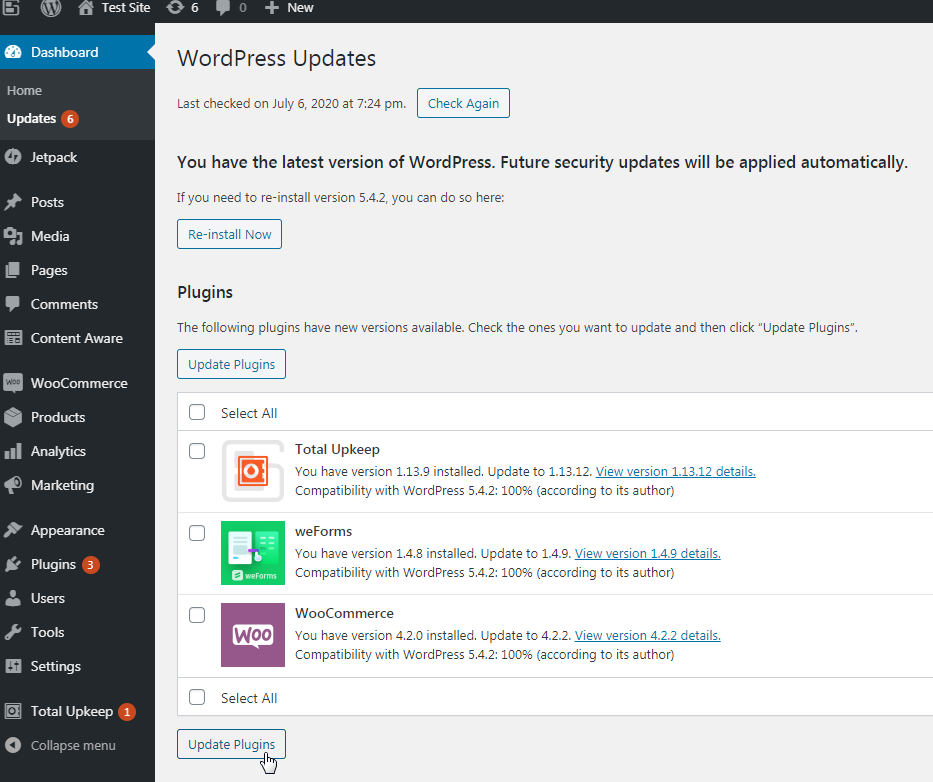
Drupal module updates are also easy. But upgrading from Drupal 8.x to 9 requires manually replacing core files unless you use something like Softaculous Instant Installer. Furthermore, some modules are only supported in certain Drupal versions. So, when deciding to migrate from Drupal 8 you have to ensure modules important for your website are supported in the next edition.

Integrations
With time some business websites expand to meet other internal requirements:
- Online store with a customer portal
- Customer relationship management (CRM) for customer service requests
- Project management kanbans for employee task management
- SEO assistance in content marketing
- Web analytics with user segmentation to customize apps depending on user devices
CMS integrations for these tasks require a lot of bandwidth which can drag down the public facing website. Each CMS has website optimization options including code minification and caching plugins. And there’s always external ways to boost speed:
- NGINX server caching
- Cloudflare content delivery network
- Static site generation for non-interactive web pages
WordPress works well on the most restricted shared hosting plans and enterprise level dedicated server hosting. But if you’re too dependent on extra plugins and themes while being too lax on site optimization, your site will suffer quickly.
Some recommend only using Drupal on VPS hosting, or above, though many have success on even the cheapest shared cPanel hosting. This is mainly due to Drupal’s MySQL database usage. Interestingly, Drupal is less likely to be affected by a bulk of modules. That is likely due to the Drupal security advisory policy and back-end features already included in Drupal core.
Search Engine Optimization (SEO)
Both CMSs have SEO plugins for every aspect of your online presence:
- Search engine marketing (SEM) advice in copywriting
- Open Graph (OG) support
- Sitemaps and schemas
WordPress SEO toolkits like Rank Math are more feature packed while Drupal will require installing multiple modules for better overall SEO performance. But SEO improvements are equally easy for both website builders.
Website Speed Optimization
Here are GTmetrix site speed results for bare WordPress 5.8.2 and Drupal 9.2.9 sites on a standard NVMe SSD cPanel VPS. Note the near perfect score for Drupal versus WordPress with no changes made post-installation.
Not much difference from tools.pingdom.com.
Let’s add some necessary plugins for a more usable site. For WordPress:
- Akismet Anti-Spam
- All in One SEO
- Jetpack
- WP Accessibility
- Total Upkeep
- WP Cerber Security, Anti-spam & Malware Scan
In Drupal 9:
- Metatag
- Schema.org Metatag
- Backup and Migrate
- Field Token Value and Token (For Metatag)
- Security Kit
- Civic Accessibility Toolbar
- CKEditor Accessibility Auditor (HTML_CodeSniffer)
Again, no changes have been made to either site beyond installations which could have an effect on overall performance.
This suggests that a solid Linux server hosting plan negates the need to compare speed.
Security and Quality Assurance
As you’ve probably heard multiple times already, WordPress focuses more on easy integration and Drupal on best web development practices with strict code review. Combined with WP sites being the most common today and commonly used by new website owners, WordPress security plugins are essential for base level security. But they all take a lot of time to set up. WordPress.org displays an alert at the top of pages for plugins that have been abandoned. There’s also ratings for active installations and when the plugin was last updated. But for more info on security vulnerabilities you’ll need to check out WPScan.com reports.
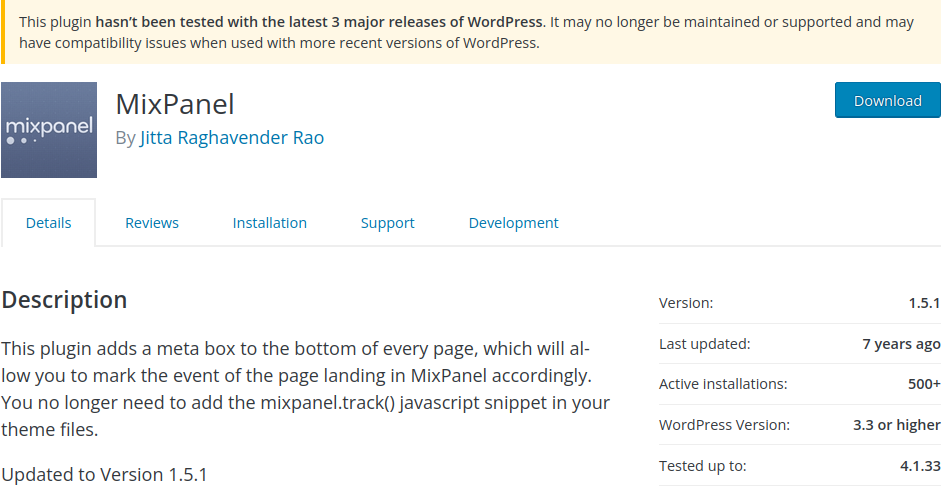
Drupal core has a team dedicated to ensuring PHP and database security are addressed throughout the software development life cycle (SDLC) with their security advisory policy. Because of this, the most popular security modules only offer authentication methods (e.g. CAPTCHA) and security HTTP headers (Security Kit) which could just as easily be inserted in a web server configuration file if desired. Much of what’s recommended to harden Drupal is already included in the core app or configured on the web server itself.
Drupal module developers are also encouraged to meet the quality assurance standard. Modules that don’t include warnings that it “may have publicly disclosed vulnerabilities.”
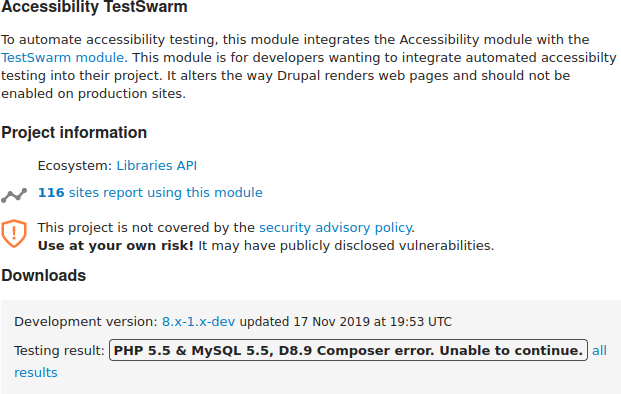
Both core teams are proactive with providing emergency bug fixes for zero-day exploits.
Final Thoughts – WordPress vs Drupal 9
If you want to spend less time coding and have access to a greater community of novice web designers and how-to articles, you can’t go wrong with WordPress. Then you’ll just need to figure out whether to choose shared or VPS hosting.
If you don’t mind putting in some development work into a powerful website that’s more secure by default, stands out more, and focuses more on deep customization (without using plugins for everything), Drupal 9 is for you.
Want more performance and power from your website? InMotion Hosting's VPS Hosting plans provide hyperfast site speeds on high-performance NVMe servers.
Dedicated Resources
NVMe SSD Storage
High-Availability
Ironclad Security
Premium Support
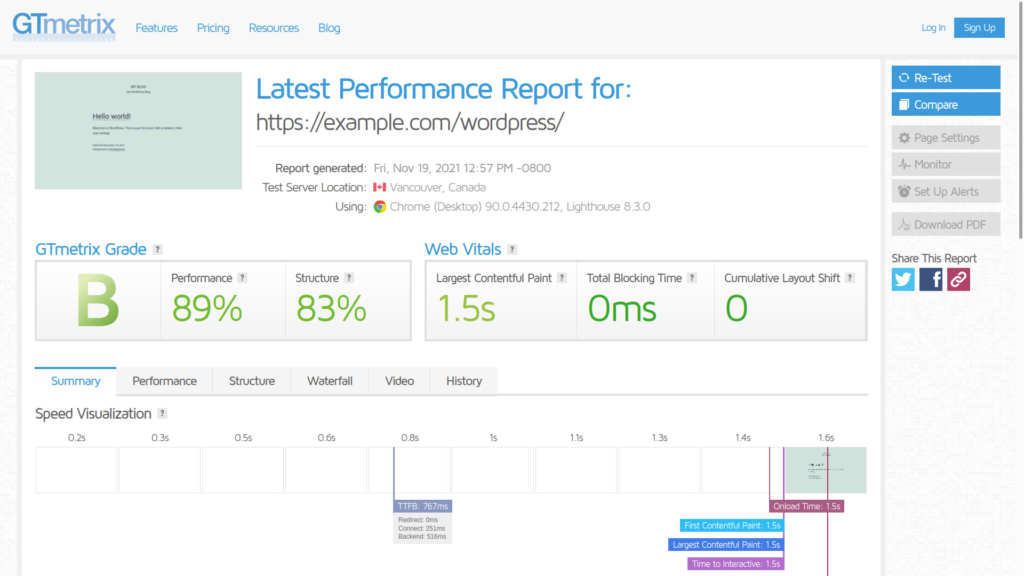
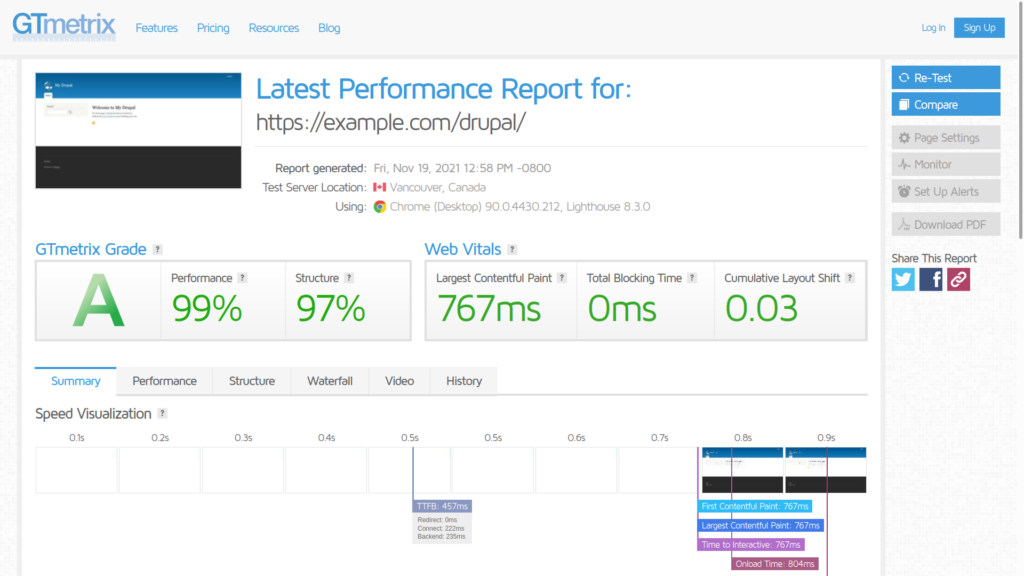

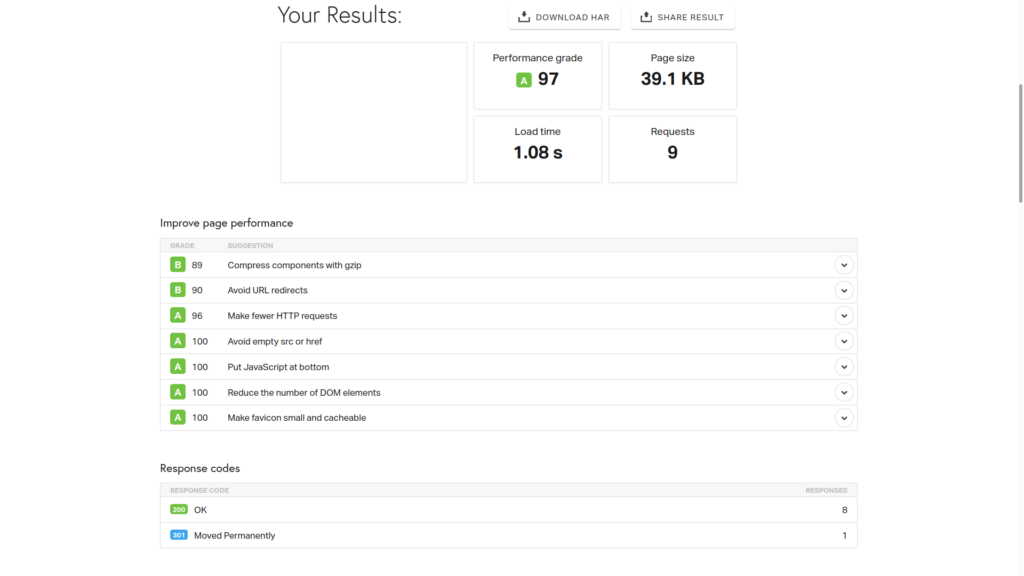
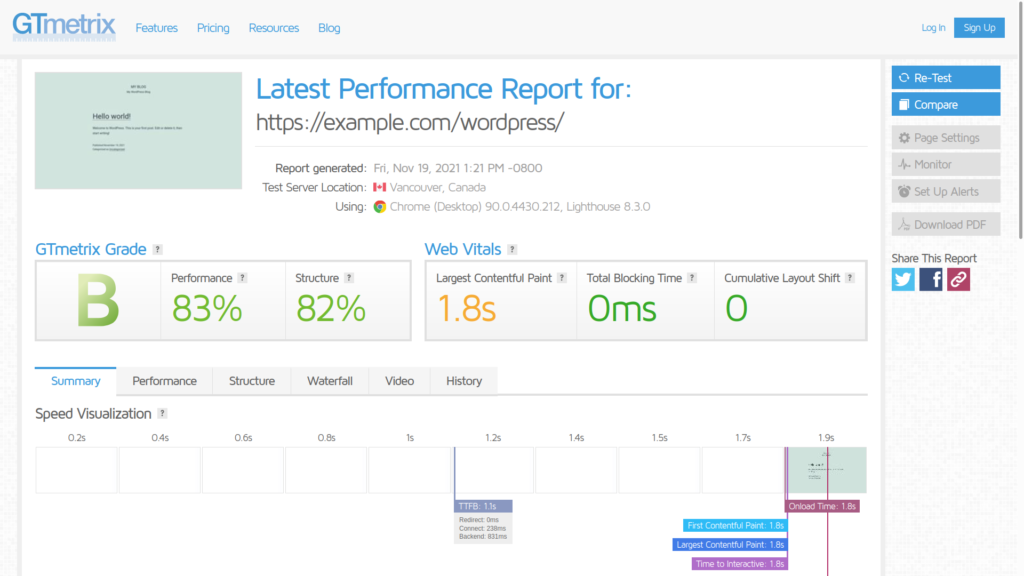
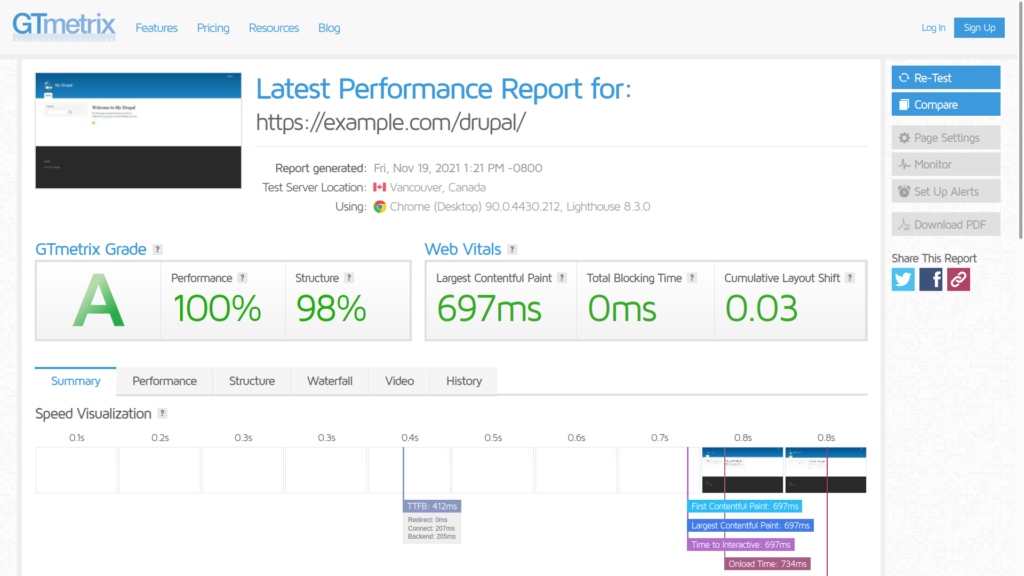
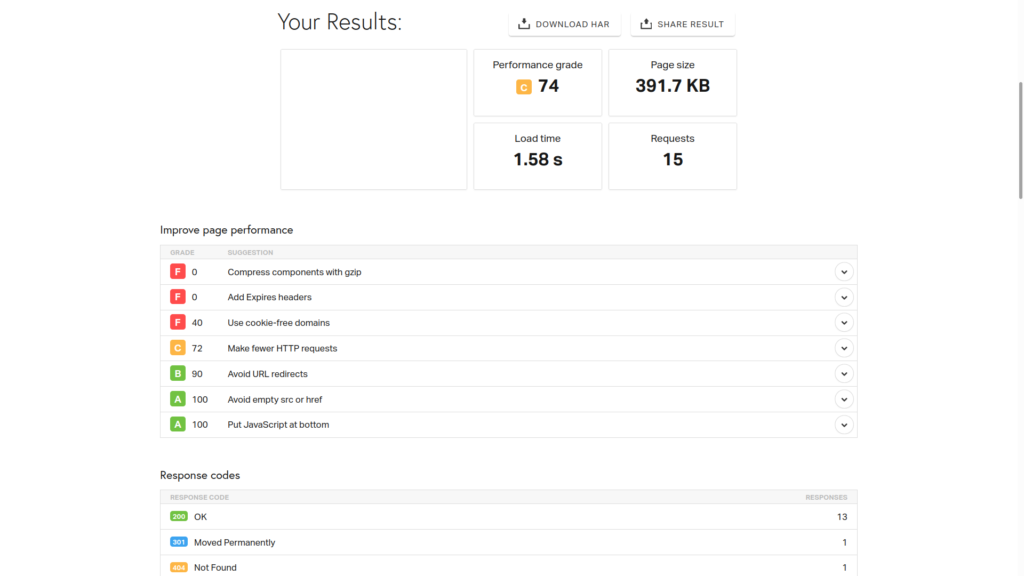
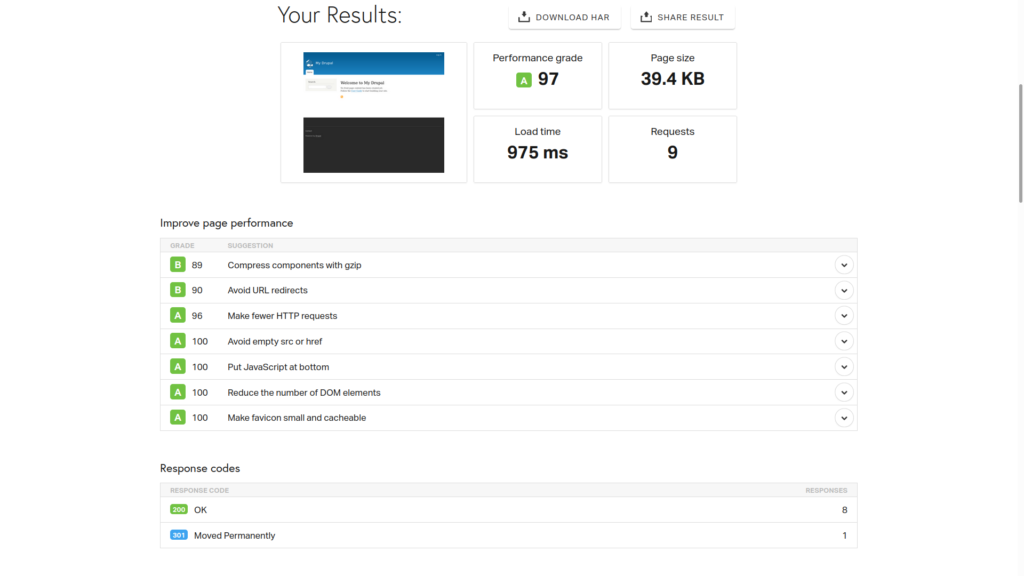
Thanks for the post, nice information about WordPress vs drupal 9… it is really helpful. I will recommend these blogs to others.